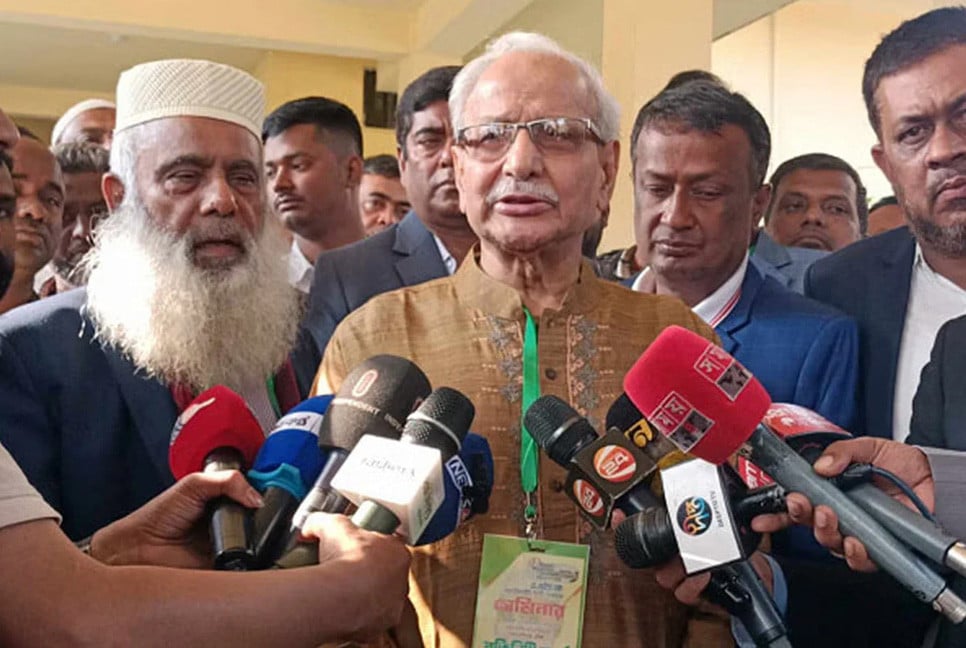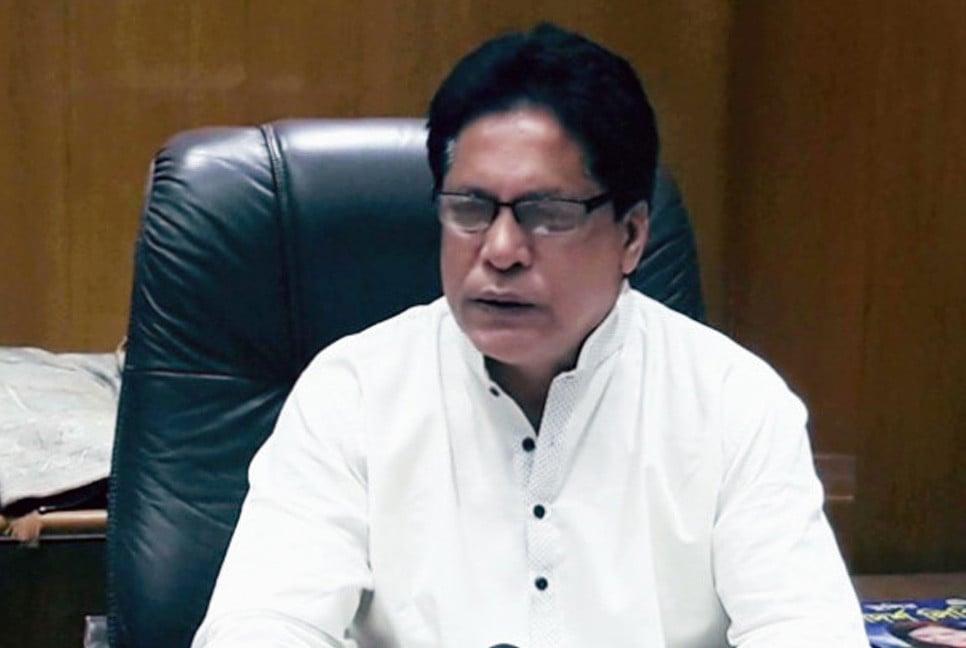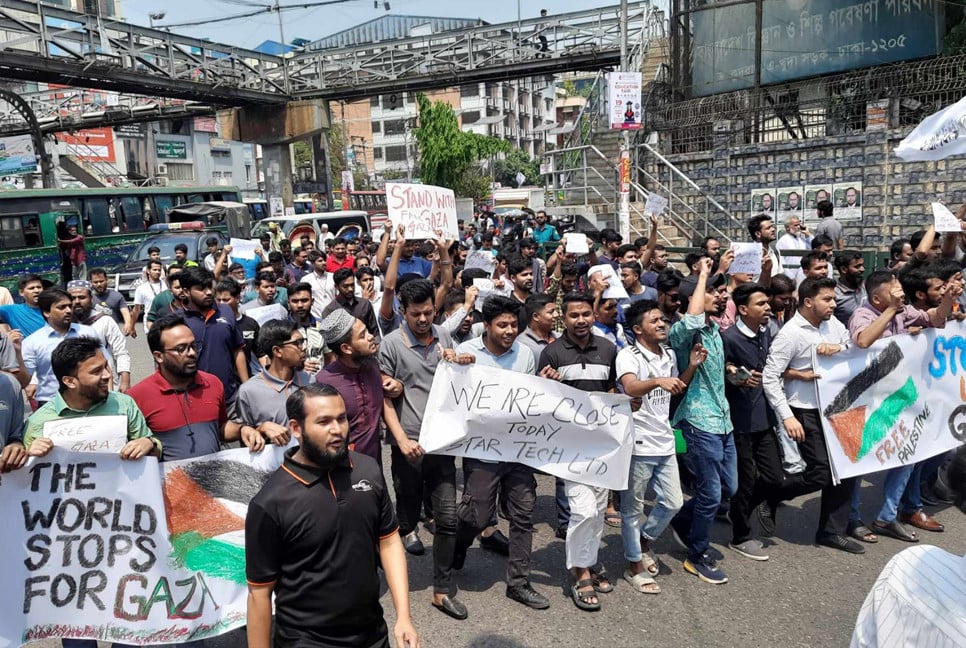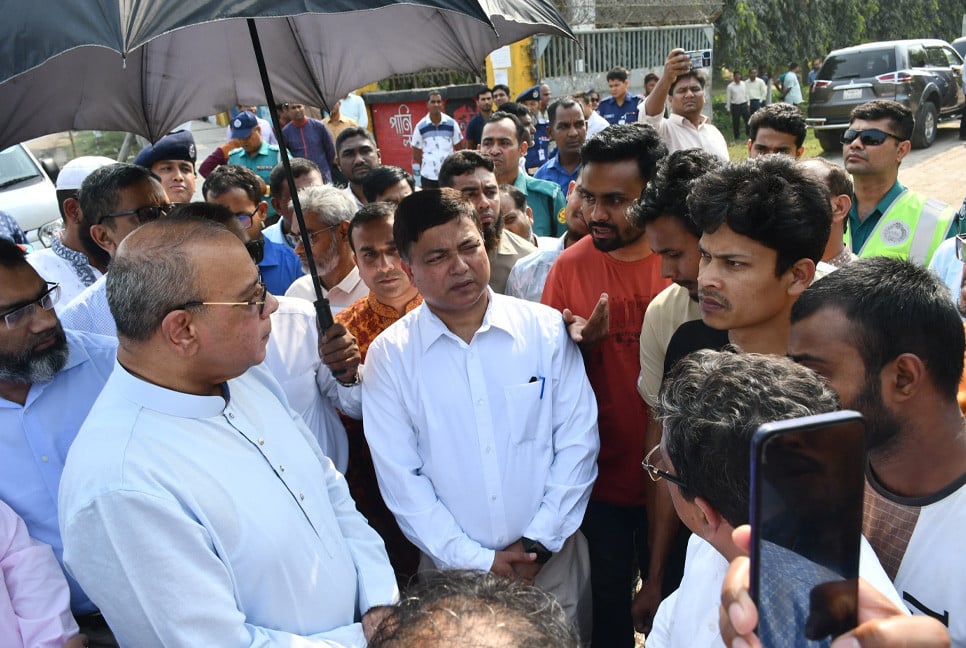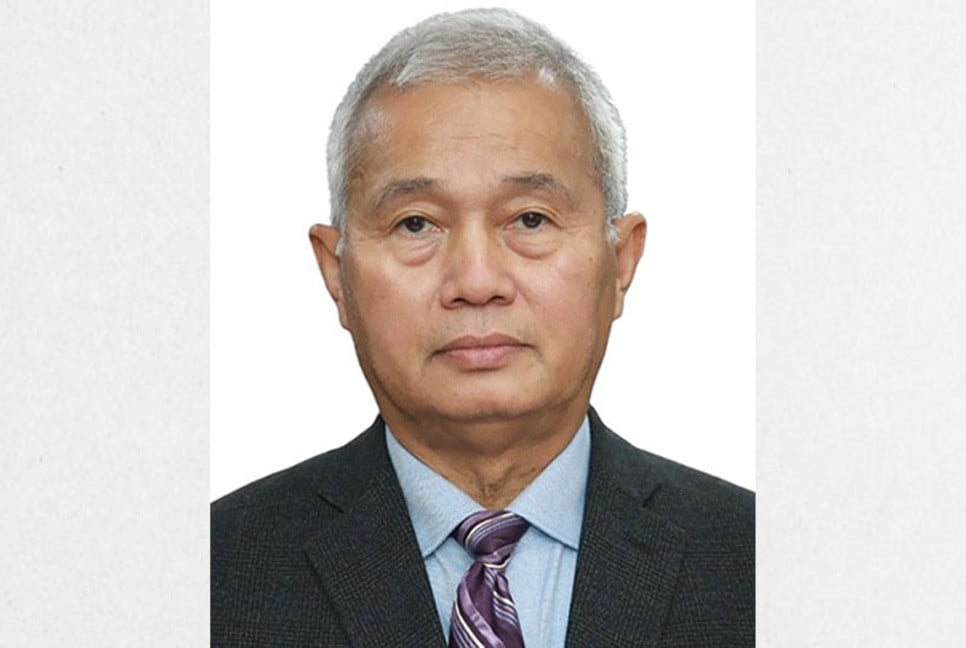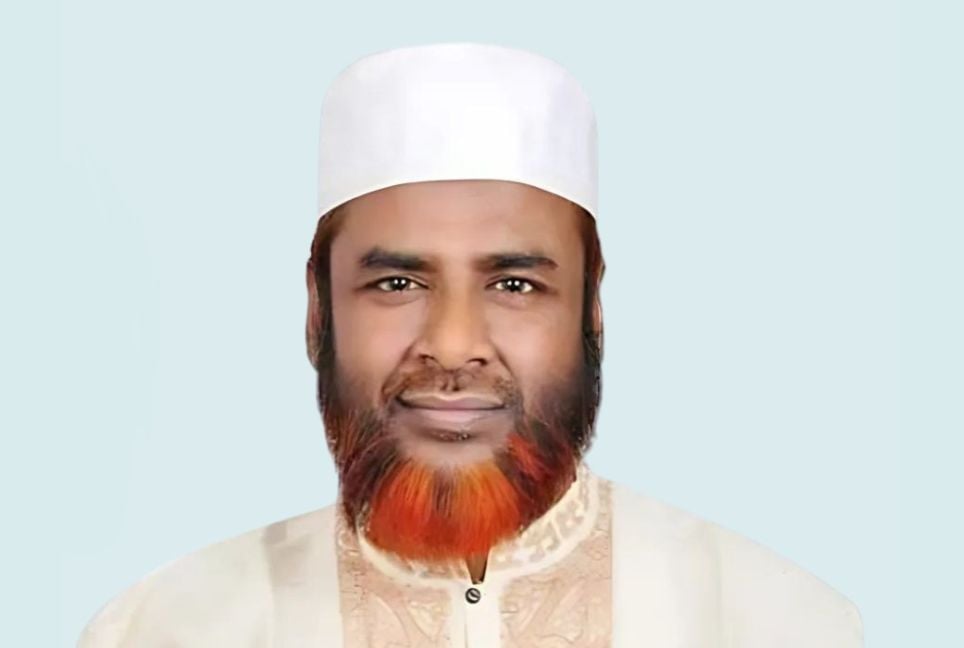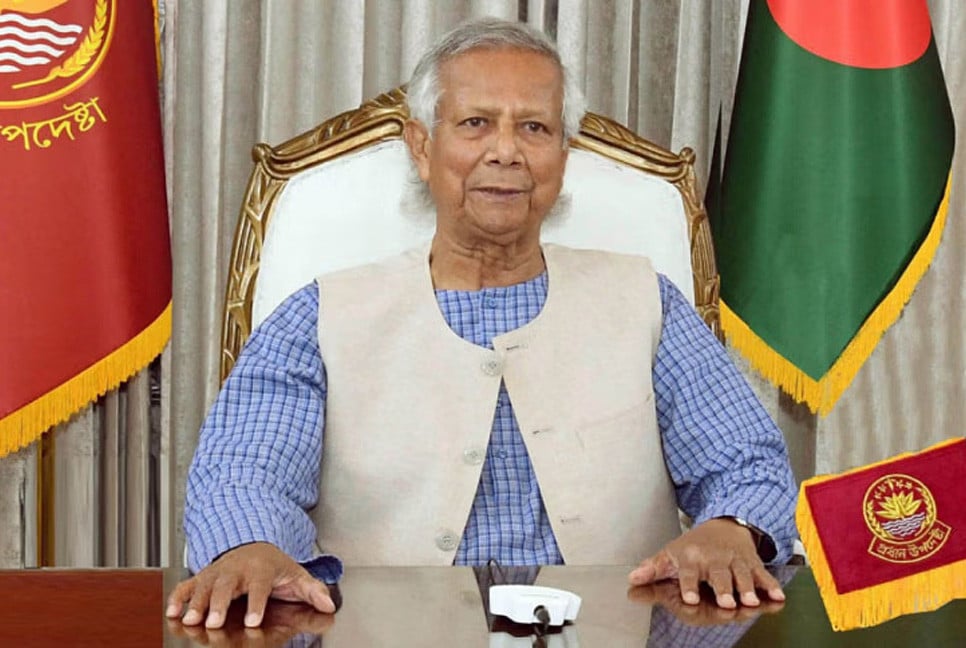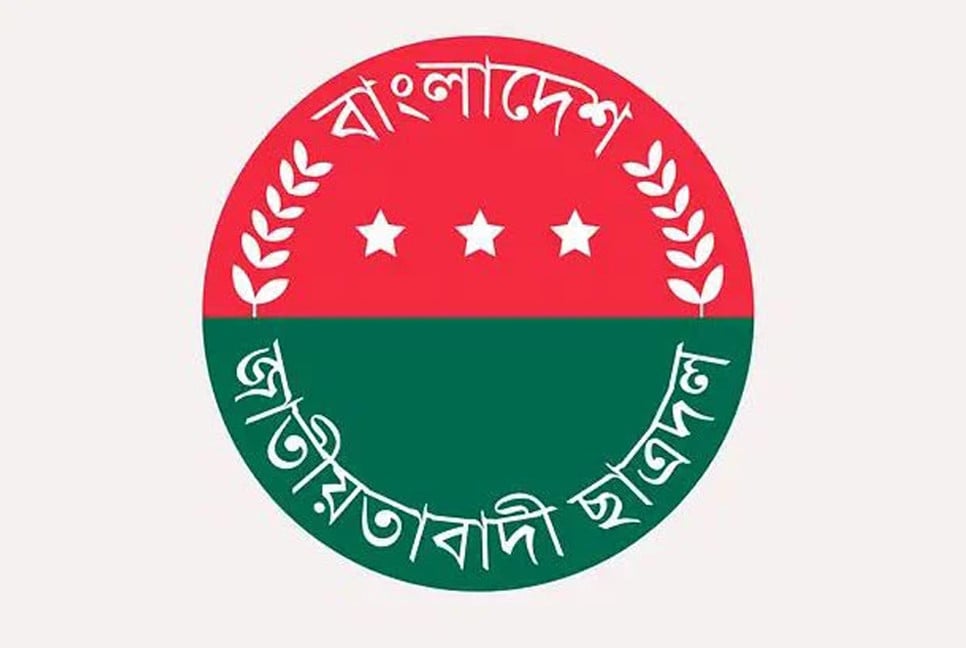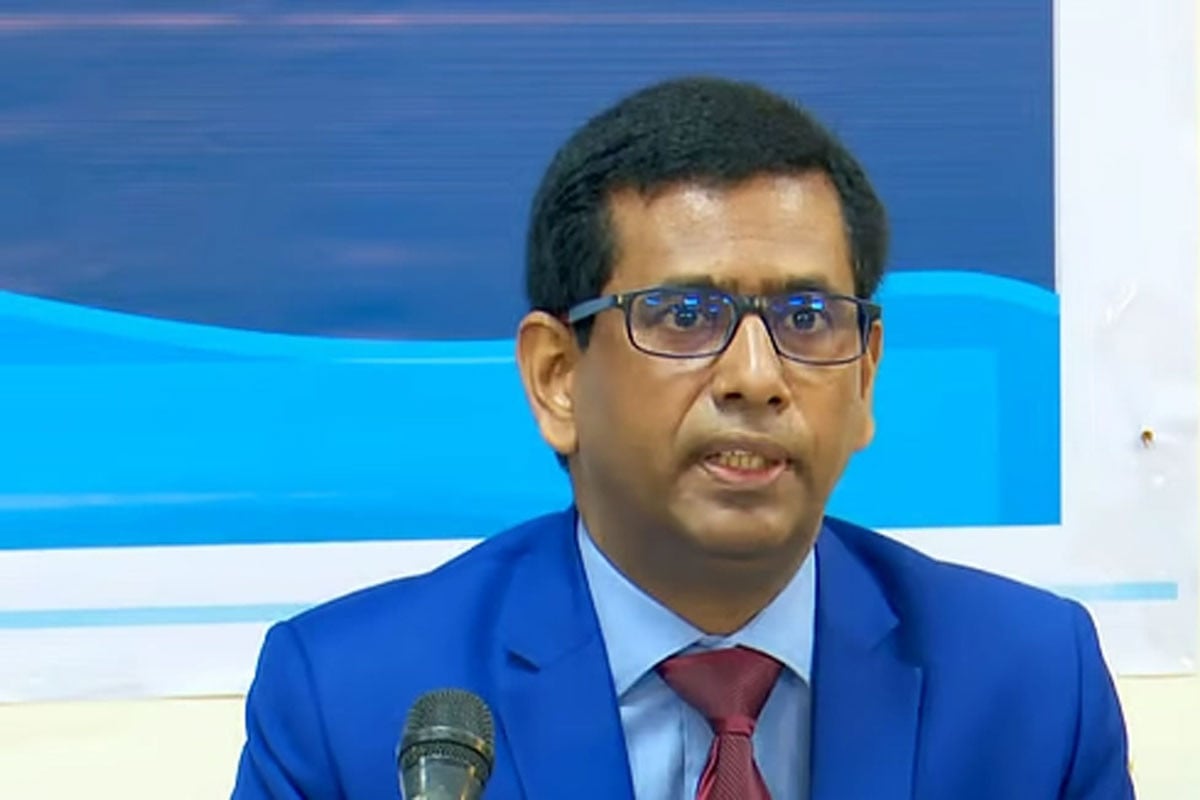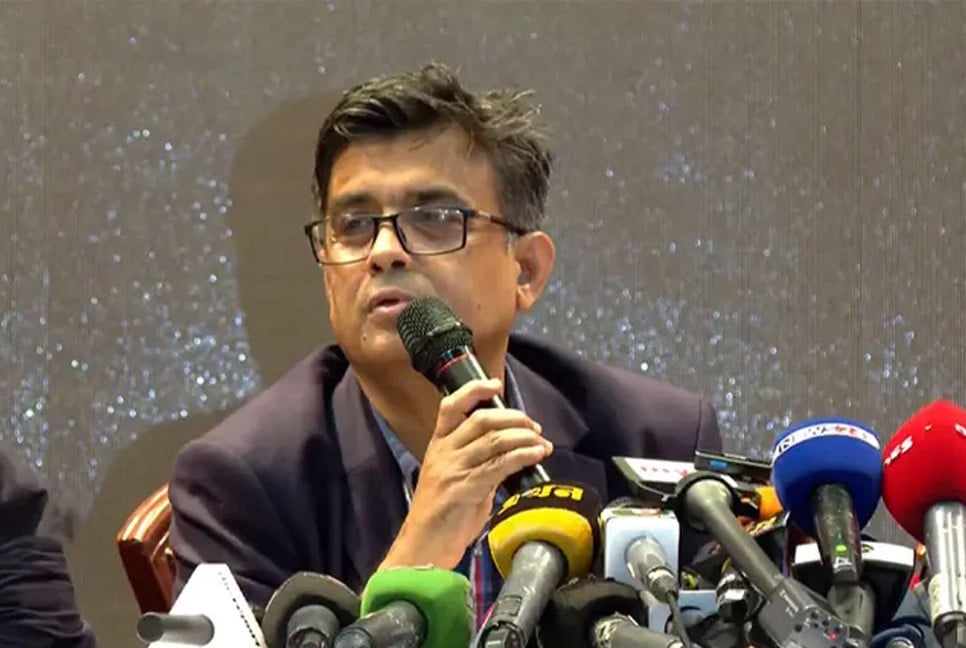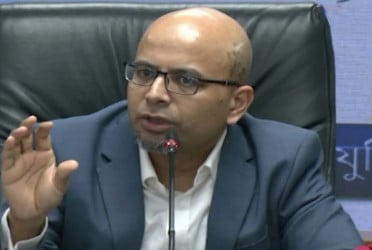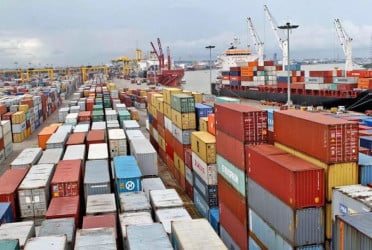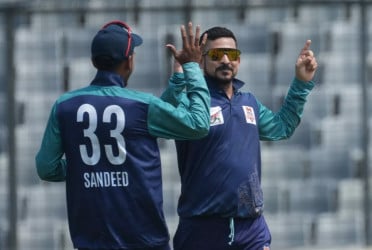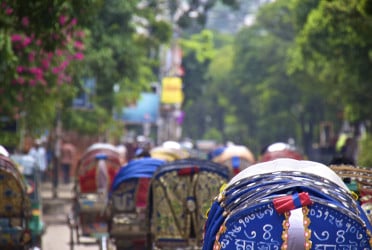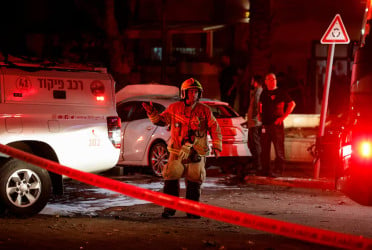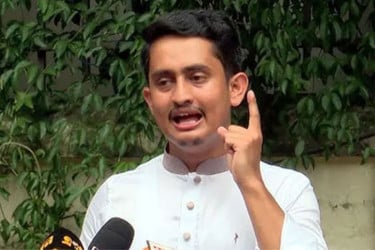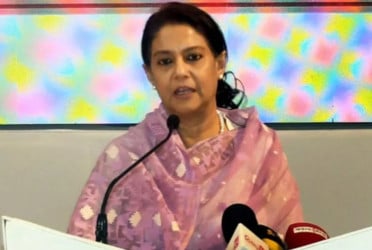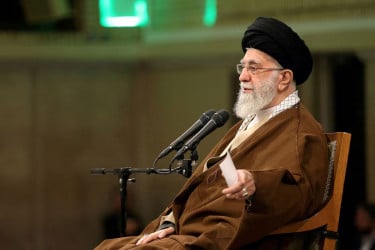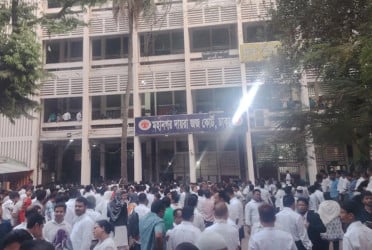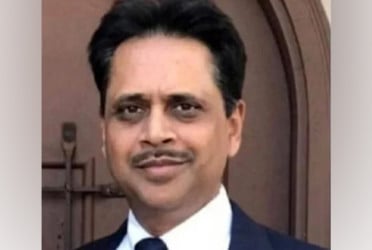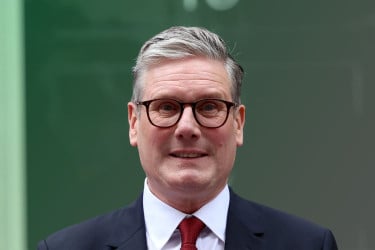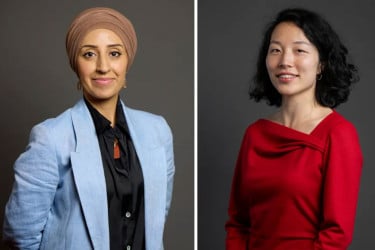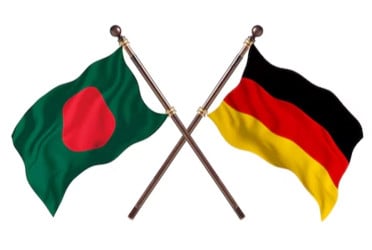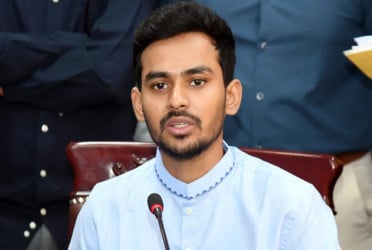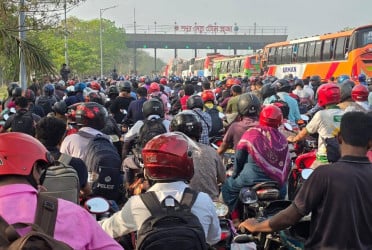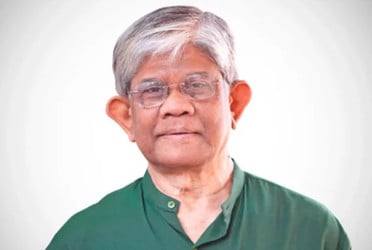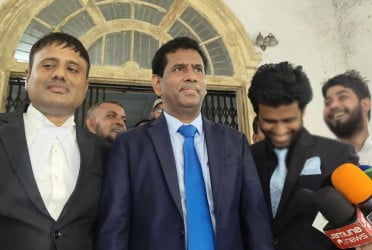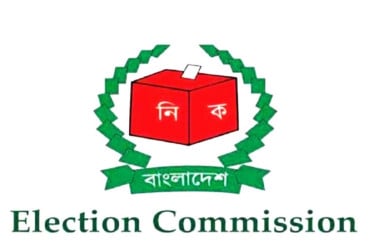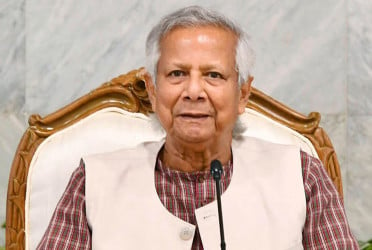Proposal to repeal the provision of running for multiple seats is one of the most formidable recommendations made by the Electoral Reform Commission.
The commission explains their recommendation saying it made the proposal to reduce the costs of by-elections and to make a level playing field for every candidate in relevant constituency.
But the election commission officials said that the by elections are not just about winning multiple seats and leaving the extra ones behind. They said: “A record number of by-elections were held in the 11th National Parliament because the seats were vacant due to the deaths of 31 members of parliament.”
In addition, many say that if there is no opportunity to contest multiple seats, the top leaders of political parties may face risks in winning the election. Because the top leader of an influential party has contested multiple seats in the past and failed to win all the seats. By winning one seat, he saves the party and himself.
The head of electoral reform commission Dr Badiul Alam Majumdar told in this regard: “If the top leaders of influential political parties have the opportunity to contest multiple seats and win multiple seats, by-elections have to be held in the seats they vacate.”
The commission said that the process increases the election expenses. Therefore they have proposed to abolish the provision of one person running for multiple seats.
He furthered that if influential person is competing in multiple constituencies, other leaders fail to stay on the competition. And the commission wants to create opportunity for the ‘real’ candidates in the constituencies.
Answering to a question the head of the commission said: “The top leaders of influential political parties must win in their constituency with their popularity and quality.”
Thoughts from 16 years ago
In 2008, during the military-backed caretaker government, the Election Commission (EC) led by Dr ATM Shamsul Huda tried to discourage the issue of one person running for two or more seats in the parliamentary elections.
At that time, the EC wrote to the political parties to reform the electoral law, stating that according to the country’s Constitution, a person can run for two or more seats in the parliamentary elections. However, the Representation of the People Order (RPO) was amended in 1986 to allow for a maximum of five seats.
In the past, it has been seen that many candidates have run for more than one, or even a maximum of five, seats. If a candidate is elected to more than one seat, he has to vacate all the remaining seats, keeping only one seat, as per the provisions of Article 71 (2)(a) of the Constitution. Immediately after he vacates, by-elections have to be held on the seats declared vacant.
These by-elections require extensive preparation and a lot of money. In this context, it is reasonable to keep the opportunity to run for a maximum of three seats in line with the constitution and it is appropriate to recover a portion of the potential expenses of by-election from such candidates.
At that time, the EC proposed to the political parties that no person can run for more than three constituencies at the same time. If a nomination is filed for more than one seat, five lakh taka will have to be deposited for each additional seat and if the candidate wins and vacates such a seat, this deposit will be forfeited.
The EC’s proposal for a maximum of three seats became law at that time. However, the proposal to require a deposit of five lakh taka for each additional seat and to forfeit the deposit if the candidate vacates that seat after winning the election was not accepted.
Meanwhile, although the Parliamentary Election Act or the RPO specified the issue of a person running for more than one seat, no amendment was made to the constitution in this regard.
According to the Article 71 (1) of the Constitution, “No person shall at the same time be a member of Parliament in respect of two or more constituencies.”
If anyone is elected from two constituency, the Article (71)(2) says, “Nothing in clause (1) shall prevent a person from being at the same time a candidate for two or more constituencies, but in the event of his being elected for more than one – (a) within thirty days after his last election the person elected shall deliver to the Chief Election Commissioner a signed declaration specifying the constituency which he wishes to represent, and the seats of the other constituencies for which he was elected shall thereupon fall vacant; (b) if the person elected fails to comply with sub clause (a) all the seats for which he was elected shall fall vacant.
An amendment proposal was made in the 2018 National Parliament. Independent Member of Parliament Rustum Ali mentioned in the amendment proposal: “The Constitution states that a person can be a candidate from two or more constituencies at the same time. That is, the same person can vote from as many as 100 or 200 seats as he wants at the same time.”
Again, the RPO states: “A person can be a candidate from a maximum of three constituencies. This has created a conflict between the provisions of the Constitution and the RPO. For this, Article 71 of the Constitution needs to be amended.”
At the time, the Law Ministry was asked to examine and consider this proposal, but later there was no further progress.
Who were elected to maximum five seats
From the fifth in 1991 to the eighth in 2001, BNP Chairperson Khaleda Zia contested five seats each time and won all of them.
When the RPO amended in 2008, Khaleda Zia contested three seats in the ninth national parliament election and won all of them. Jatiya Party Chairman Hussain Muhammad Ershad contested five seats in the fifth and seventh national parliament elections and won all five. Ershad also contested three seats in the eighth parliamentary election in 2008 and won all three. Awami League President Sheikh Hasina contested three seats in the fifth parliamentary election and won one.
She contested three seats in the seventh parliamentary election and won all three. She contested five seats in the eighth parliamentary election and won four seats and won all three seats in 2008. As such, Sheikh Hasina could not achieve the record of winning five seats.
Translated by Afsar Munna

